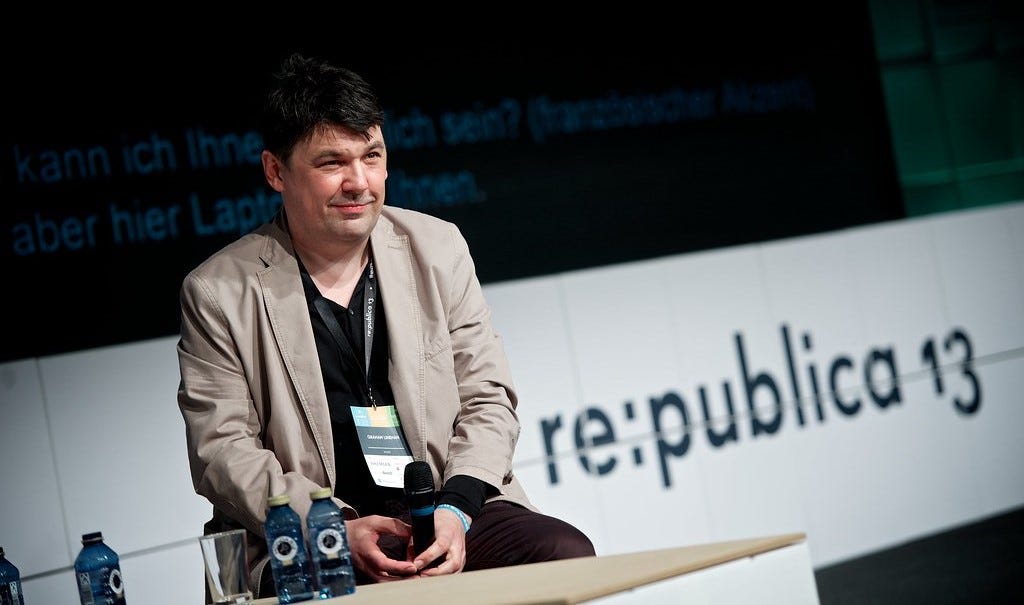Graham Linehan in Exile
A review of 'Tough Crowd: How I Made and Lost a Career in Comedy'
It was Welsh comedy producer Griff Rhys Jones who sentenced Father Ted to Purgatory on Craggy Isle during a creative session with Graham Linehan.
“‘Every sitcom needs to have a trap,’ he told us. ‘Some reason that these incompatible characters don’t just stay as far away from each other as possible.’” Sustaining the unique chemistry of the show required laboratory conditions and perfect luck in casting. Dermot Morgan played the titular character for three seasons and 24 episodes before his untimely passing, one of many tragedies related in this memoir.
Now trapped in a dark sitcom — of his own making, perhaps, but seemingly scripted by mad priests wearing drag — today Linehan is an entertainment industry exile. Tough Crowd: How I Made and Lost a Career in Comedy has the whole tale in its title.
The Irish are known for being painfully funny, especially in painful times. However, Linehan was shaped by American humor. “I was made of Mad Magazine, Matt Groening’s Life in Hell, The Young On…




